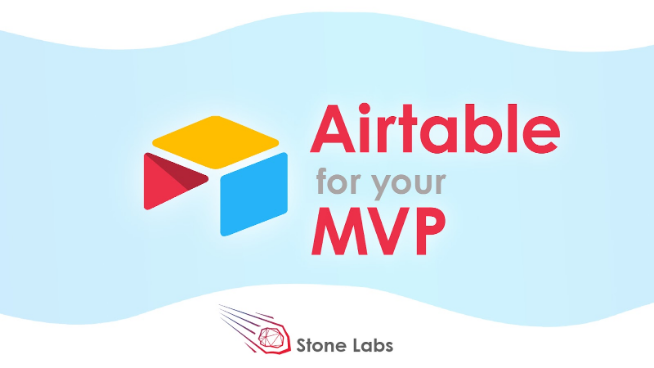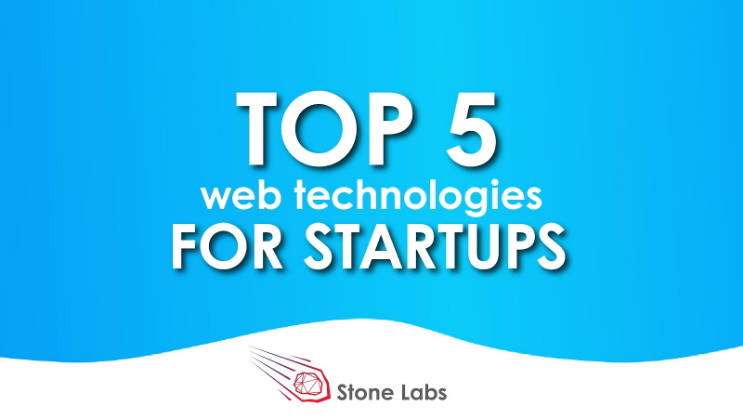Since we specialize in spearheading complex IT start-ups and molding nascent ideas into cutting-edge realities, today we are thrilled to share insights about an exceptional tool: Airtable. This tool has the potential to significantly accelerate the development of your MVP.
1) What is Airtable?
Airtable combines the functionality of a spreadsheet and a database, resulting in a comprehensive platform for organizing, analyzing, and visualizing your data. It is a game-changer for businesses of all sizes, enhancing productivity and streamlining workflow management.
2) What apps could you develop with Airtable?
Airtable provides a robust framework for developing various types of apps. This includes, but is not limited to, project tracking, inventory management, task management, and customer relationship management (CRM). With its inherent scalability and flexibility, Airtable paves the way for fluid, user-specific applications.
3) What automations could you add to Airtable?
Automation is one of Airtable’s core strengths. It can automate a wide range of tasks, such as sending pre-scheduled emails, generating analytical reports, and triggering specific functions seamlessly. The goal is to eliminate mundane tasks, allowing you to focus on strategic decision-making aspects of your business.
4) Airtable Interface Designer?
The Airtable Interface Designer is an exciting bonus feature that provides a user-friendly space for crafting custom interfaces. With its intuitive drag-and-drop functionality, even those without extensive programming knowledge can design visually appealing and interactive interfaces.
5) How is Stone Labs using Airtable?
At Stone Labs, we have a proven track record of harnessing Airtable’s power to deliver superior results for our clients. We have utilized Airtable to create MVPs for numerous startups, including a system for automating legal operations. This system has revitalized daily processes for legal professionals by automating repetitive tasks and fostering a more efficient working environment.
In conclusion, whether you’re an IT professional or a business enthusiast, Airtable is an incredible resource that can reshape and maximize the efficacy of your daily operations. At Stone Labs, we’re privileged to assist our clients in effectively harnessing Airtable to build high-quality, unique MVPs. Visit us at https://stone-labs.com// to discover how we can catapult your business to greater heights.




